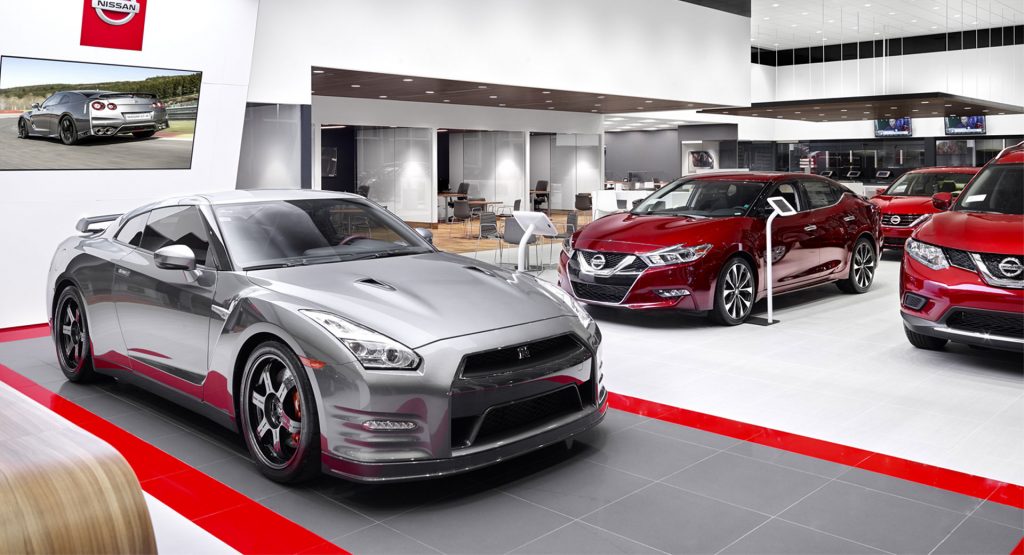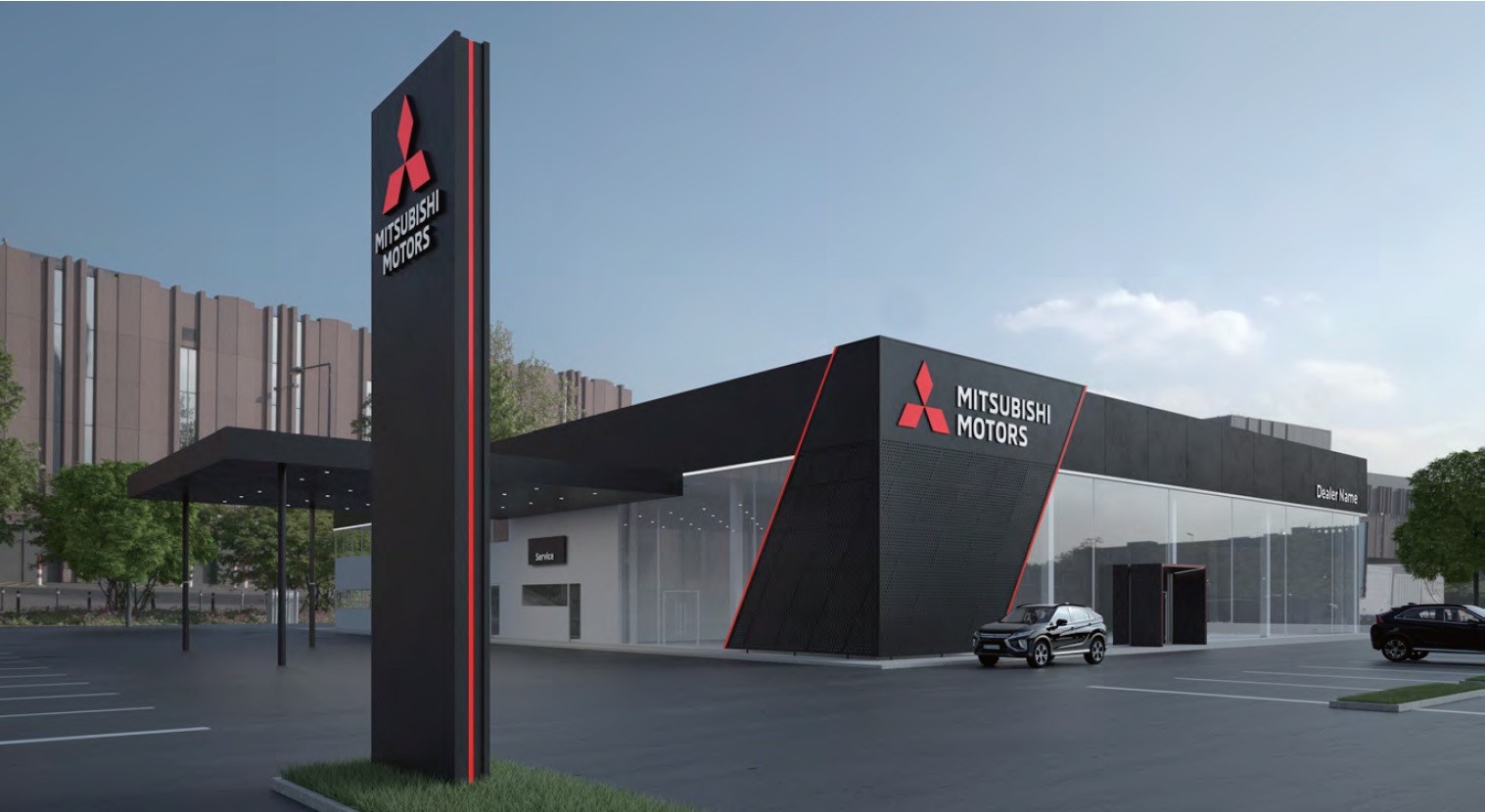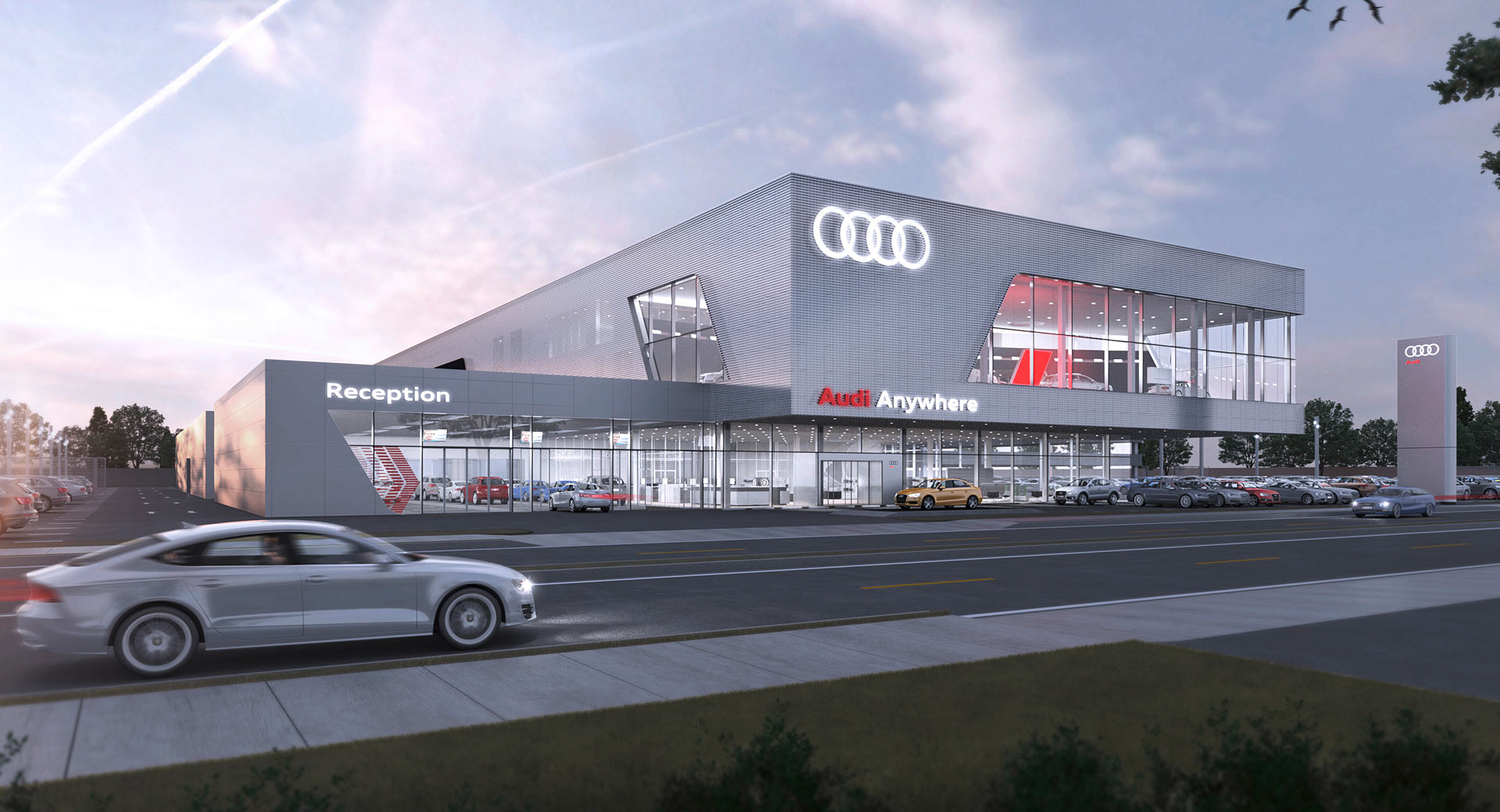Dealer markups have become so pervasive that the majority of new car buyers paid over sticker price last month.
According to Edmunds, a whopping 82.2 percent of consumers got taken to the cleaners as they paid over MSRP for their new vehicle in January. The publication noted it’s a record and a dramatic increase from January 2021, when only 2.8 percent of consumers paid more than the sticker price.
That’s a shocking statistic and Edmunds’ executive director of insights, Jessica Caldwell, acknowledged it “would have been unthinkable even just a year ago.” However, she noted the change is being driven by affluent consumers willing to spend more to get the vehicle they want as well as a “vast population of individuals who are being forced to do so simply because they need transportation and have no other choice.” Of course, the root cause of the problem is the chip crisis and coronavirus pandemic which have resulted in limited inventories.
Also Read: GM Reportedly Warns Dealers Against Marking Up Corvette Z06, GMC Hummer EV And Cadillac Lyriq
Edmunds also compared average transaction prices with average MSRPs, and found that the average dealer charged $728 more than MSRP last month. Cadillac saw the highest markup as their dealers were found to have charged $4,048 over sticker on average and that put them far ahead of Land Rover, which was determined to have an average markup of $2,565. Rounding out the top five were Kia ($2,289), Porsche ($1,721), and Acura ($1,701).
If you want a deal on a new car, you might want to head to your local Alfa Romeo dealer as they typically sell vehicles for $3,421 under MSRP. That’s a sizable discount and well above the savings offered by Volvo ($869), Lincoln ($510), Ram ($465), and BMW ($199) dealers.
While you can check out the full study at the link above, Edmunds’ senior manager of insights, Ivan Drury, suggested consumers looking to avoid markups be flexible on brands, colors and equipment. They should also look at dealers outside their immediate area if necessary and be willing to negotiate to either eliminate or reduce markups.
Unfortunately, Drury noted markups are likely here to stay and he said that “consumers might be waiting up to a year or longer if they want to hold off until the market resembles anything close to the pre-pandemic normal.”






